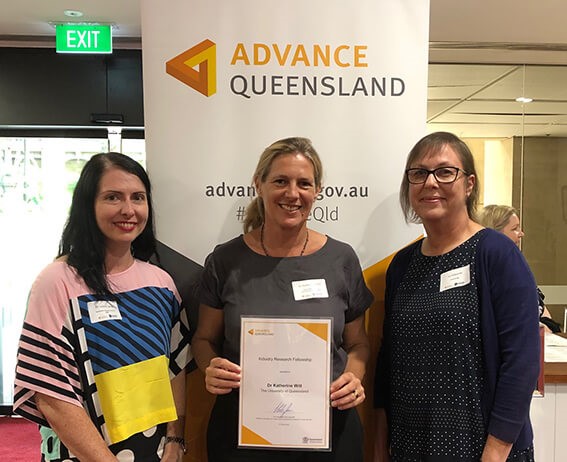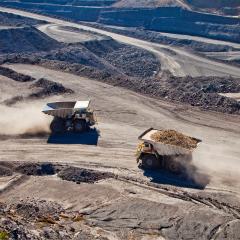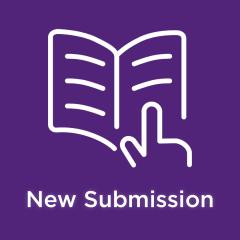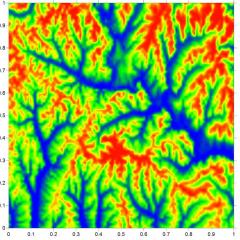 Despite the disruptions of COVID-19 throughout this year, our UQ-CNG Social Scientist Dr Kathy Witt, has been busy working on a range of different projects, providing insights into Queensland communities and beyond. The annual town analytics reports were launched online in May looking at the socioeconomic effects of the gas industry on Queensland’s Gasfields Communities throughout 2019.
Despite the disruptions of COVID-19 throughout this year, our UQ-CNG Social Scientist Dr Kathy Witt, has been busy working on a range of different projects, providing insights into Queensland communities and beyond. The annual town analytics reports were launched online in May looking at the socioeconomic effects of the gas industry on Queensland’s Gasfields Communities throughout 2019.
The information in these reports, which you can access here, provides an important snapshot of the different factors at play in these Queensland towns and is a valuable tool to support informed decision-making by local and state governments, and companies.
Dr Witt says the data released this year shows an increase in the number of non-resident workers in the towns, along with particular increases in resident populations in Chinchilla and Miles.
“The research also showed that total wage and salary earnings were up in Dalby, Chinchilla, Miles and Roma but unemployment rates were also increasing in all towns except Chinchilla.”
She says it will be interesting to see what the 2020 data reveals, including the impact of COVID, when collating starts in the new year, including the possibility of new indicators and new towns.
This year Dr Witt has also been working on an Advance Queensland Industry Fellowship project ‘Enabling Transition: understanding co-benefits of new energy projects’, looking at a range of new energy sources including solar and hydrogen. She says while it has been limited to a desktop review of literature because of COVID, she’s looking at expanding this in the new year.
“I was invited to join the Australian Hydrogen Council’s Social Licence Working Group and we have developed a set of principles for the hydrogen industry in Australia. There is also a piece on lessons learned from the gas industry, which I will be adding to”.
Dr Witt will also undertake a major interstate project in the coming year for the Australian Radioactive Waste Agency, where she will be developing a monitoring framework to understand the benefits and impacts of hosting a radioactive waste facility in Kimba, South Australia, basing it on her existing Indicators framework.
“And I will be continuing my role in the NT, advising on the Social, Economic and Cultural chapter of the Beetaloo Basin Strategic Regional Environmental Baseline Assessment (SREBA).“



